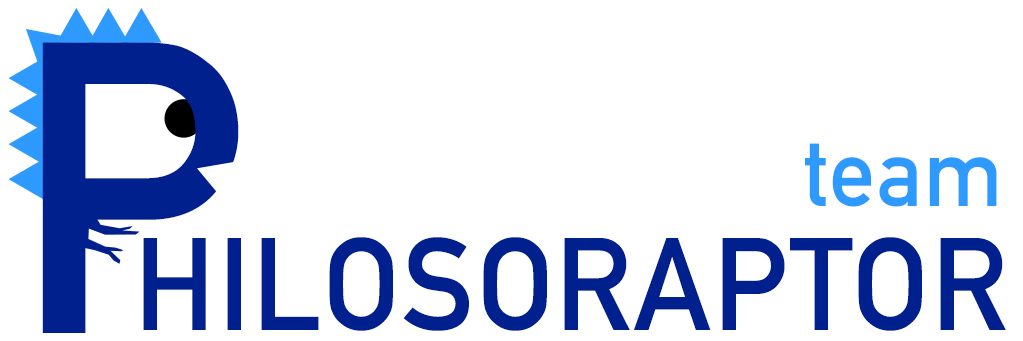Considering the alternatives:
Easy access to near limitless data is one of the key features of the information age. Unfortunately, this superficial truth belies the complexities of freely obtained data. These may include the quality of the data, the direct applicability thereof, how recent it is, who is providing it or how it was obtained. There are numerous other considerations all of which may impact on a specific data use and whether or not any one consideration is of concern will be highly dependent on the situation being addressed. So for instance, a fashion blogger might make good use of data on the shopping habits of a hand full of celebrities. If however the same dataset was presented to the chief procurement officer of an budget clothing retailer, that information would be far from sufficient for planning the next season’s line-up.In deciding what information was needed for the launch (at least in beta form) of the Buccaneer network, the following focus areas were highlighted as being of key importance:
- Need for such a service
- User requirements
- User experience with competing offerings
- Reasons for users adopting and leaving competing offerings
- Other lessons from the competition
- System functionality expected by users
- UI preferences of users
The standard approach to obtaining this data would be a questionnaire and targeted market research. However, given the nature of this field and uniqueness of the Buccaneer network’s service offering, there is a significant risk in exposing our service offering to the market too early. Doing so would allow competitors the opportunity to respond or might attract additional new competitors. Fortunately we found that all the needed data fell into one of two categories. First, there is a wealth of directly applicable data already available online. This is specifically the case due to the nature of the endeavour. Prospective users tend to not only be web savvy, but also write extensively and often with little by way of filter. The second category is data that can be obtained during a beta phase, that is to say, it can be obtained and acted on while beta testers are using an early version of the platform. This latter grouping includes things such as UI preferences (not to be confused with base UI design), layout and accessibility. In short then, the data that can’t be freely obtained online is that which can in any case not be obtained until there is a beta implementation of the platform to test. Coupled with the substantial risks inherent in exposing our value offering to competitors, our choice not to conduct a survey was a rather clear cut one.
Regarding the survey option, such a survey could not be directed at random web users but would have to be exclusively pitched to online marketers. Since the best channels for reaching these individuals would be competing platforms, there is little to no chance of hiding our value proposition from competitors. (Confidentiality agreements are of no use in this instance.) Consequently, the survey route would have little benefit while also exposing our value offering to competitors before we can gain a foothold in the market.
Questions answered:
We already know that there are a number of competitors in this space, that the number of people looking at online marketing as a primary or supplementary income is increasing and that incumbent platforms have substantial user churn. Not only this, but due to the nature of the field, current and prospective users tend to be active online. This includes frank discussions of the platforms used and people offering multiple examples of other approaches. One of the most frequently raised (if not the most frequent) issues is that of trust.
The data available is so extensive that targeted queries yield multiple cases of each instance. The following brief list presents a couple of examples.
https://www.blackhatworld.com/
IamA entrepreneur who sold more than $22M worth of online businesses
https://www.fastcompany.com/3049532/heres-why-the-freelancer-economy-is-on-the-rise
http://spyrestudios.com/36-creative-forums-bulletin-boards/
https://www.quora.com/What-are-examples-of-more-modern-forum-designs
https://www.theguardian.com/politics/2012/sep/21/grant-shapps-posed-web-guru

Another important reason for having a period of beta testing is the need for ‘critical mass’ i.e. when the site launches visitors need to see a lively community from day one. They also need to have quick and useful responses to questions and posts. If we are unable to provide that on launch day we immediately start to shed users. Our ideas are on public display and any competitors who can will quickly dominate. If we have been in beta prior to the launch we can build up a userbase of invited (trusted) users and followers.
Joel Spolsky (One of the StackOverflow founders) identifies this as crucial to their success.
Here’s a good article with a synopsis of a talk Spolsky gave at Google: http://readwrite.com/2009/05/02/anthropology_the_art_of_building_a_successful_soci/
Here’s a link to the talk:
https://www.youtube.com/watch?v=NWHfY_lvKIQ
His comments on critical mass are what I am on about, but the rest is worth a look…